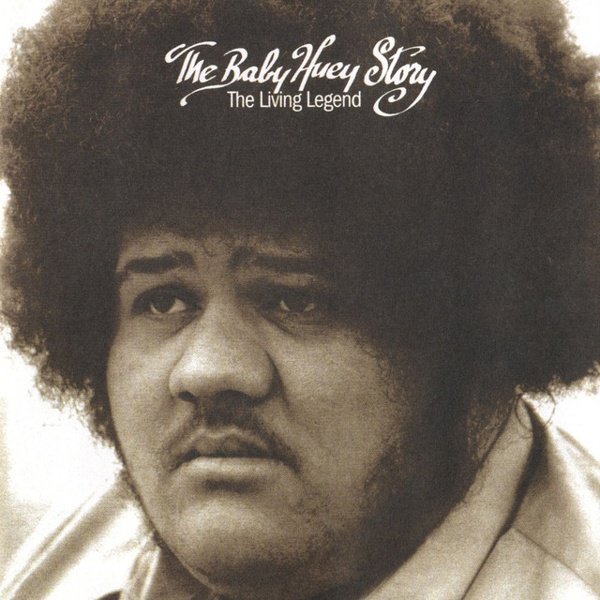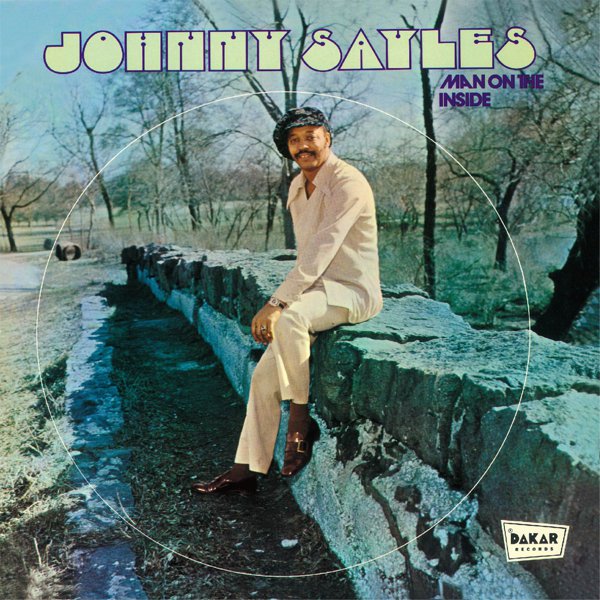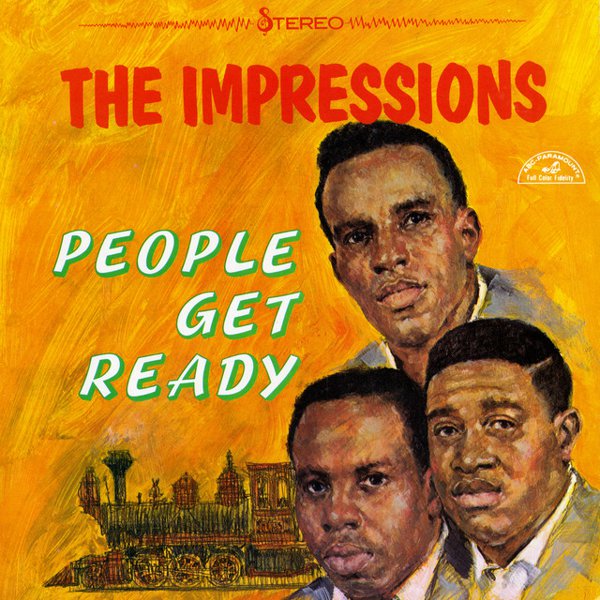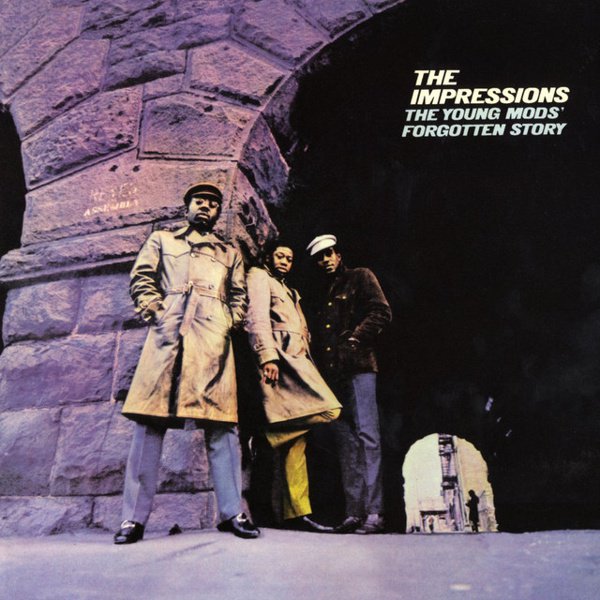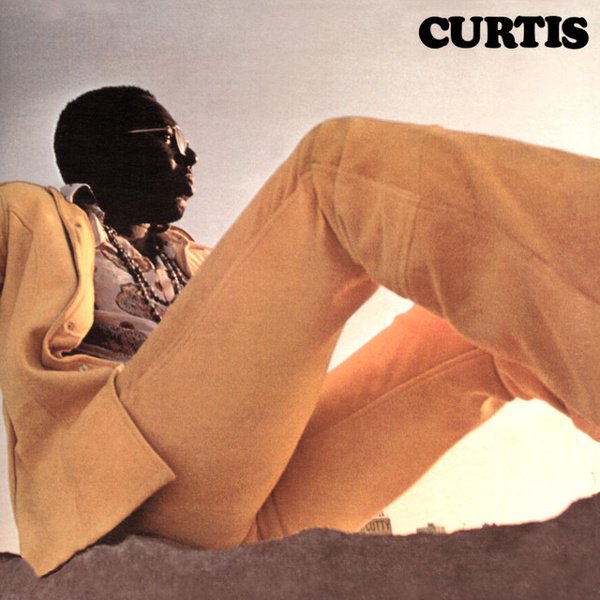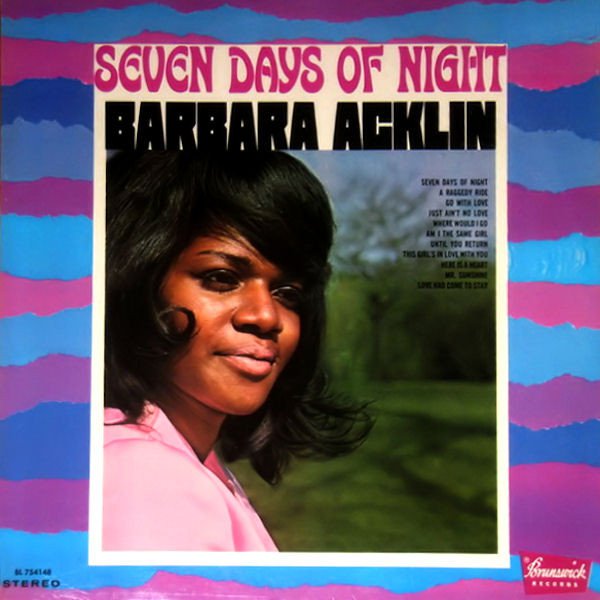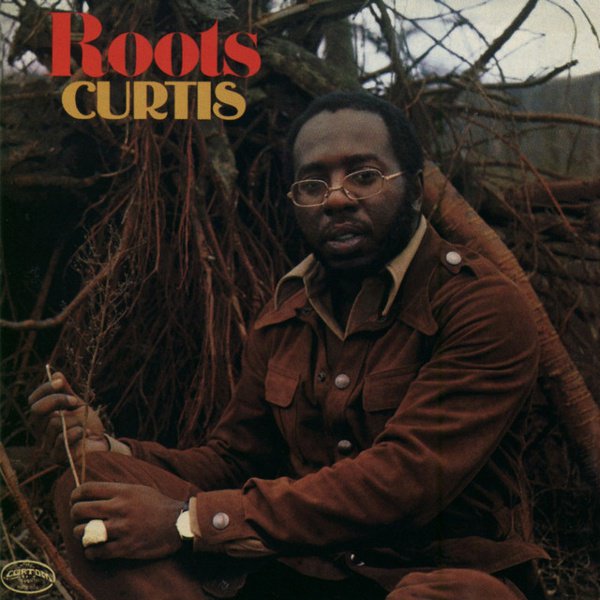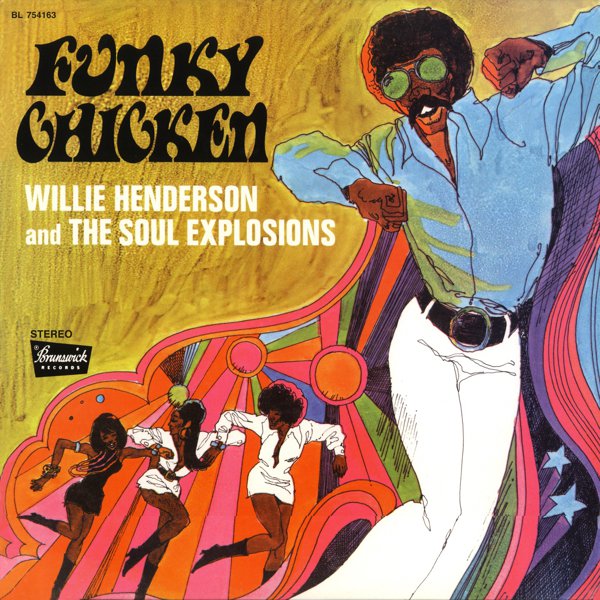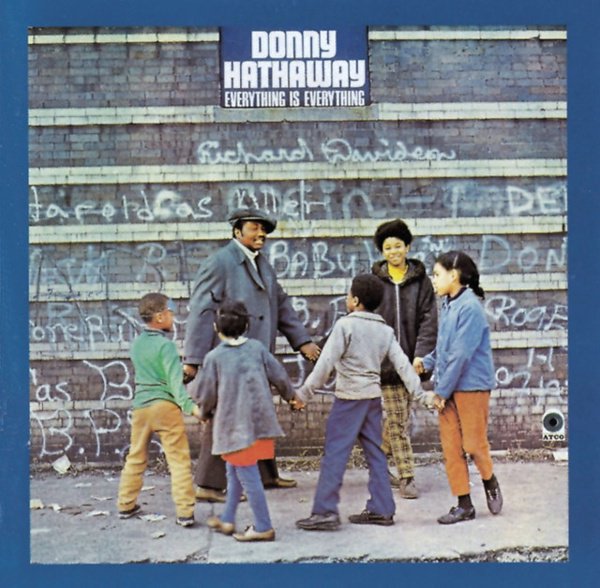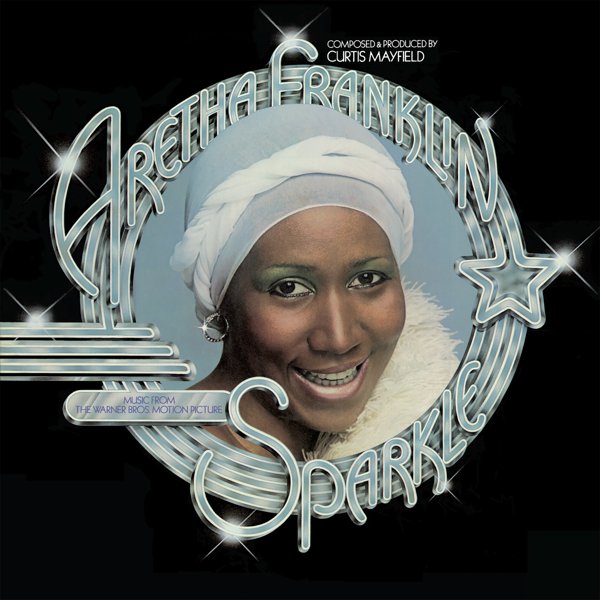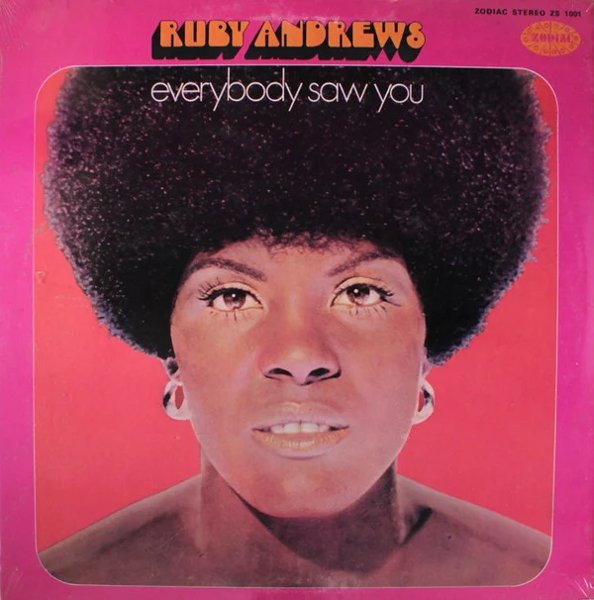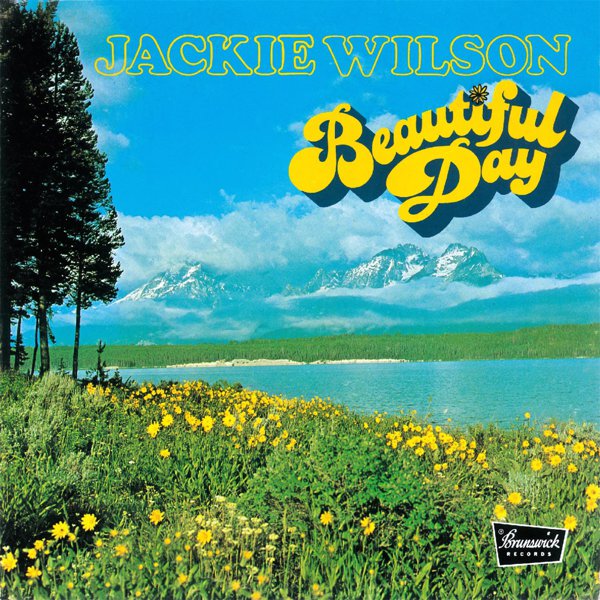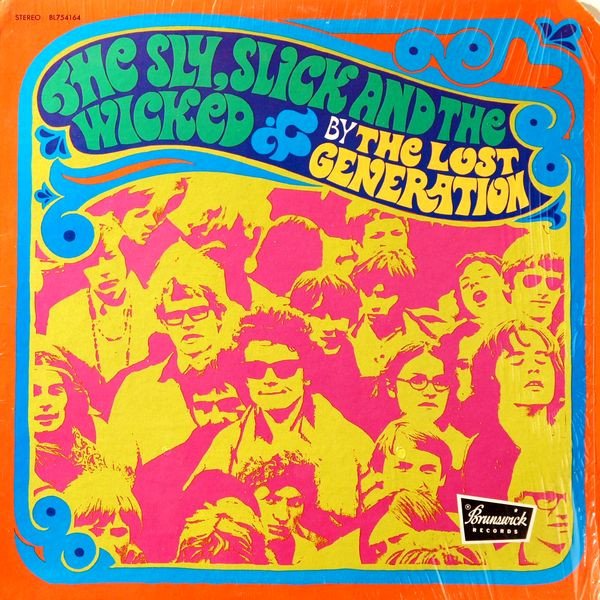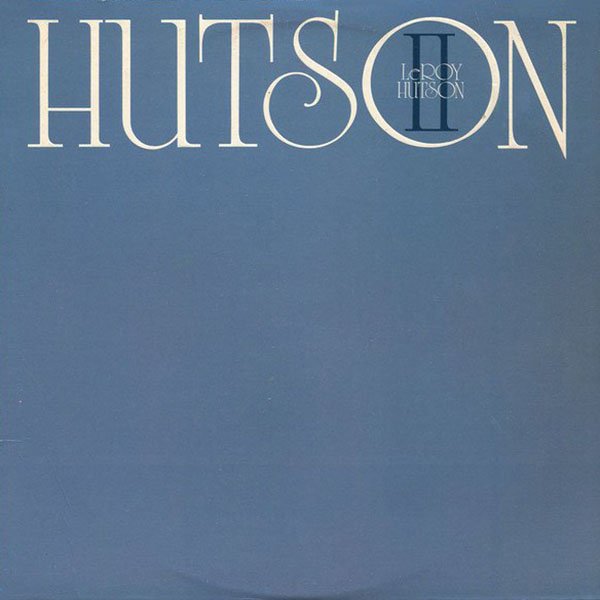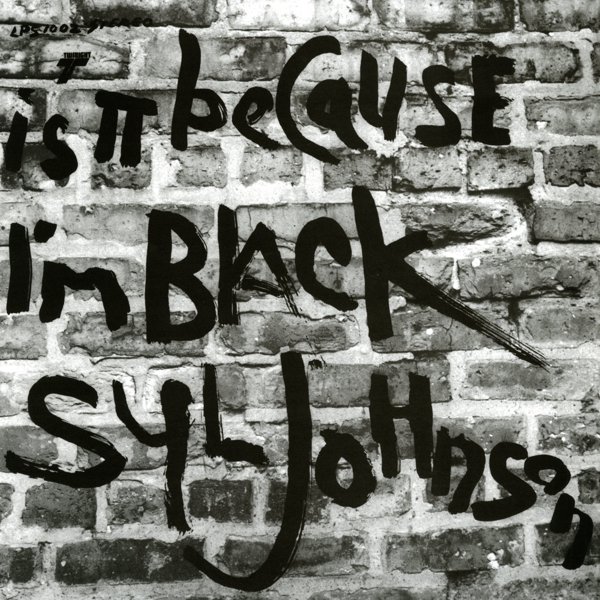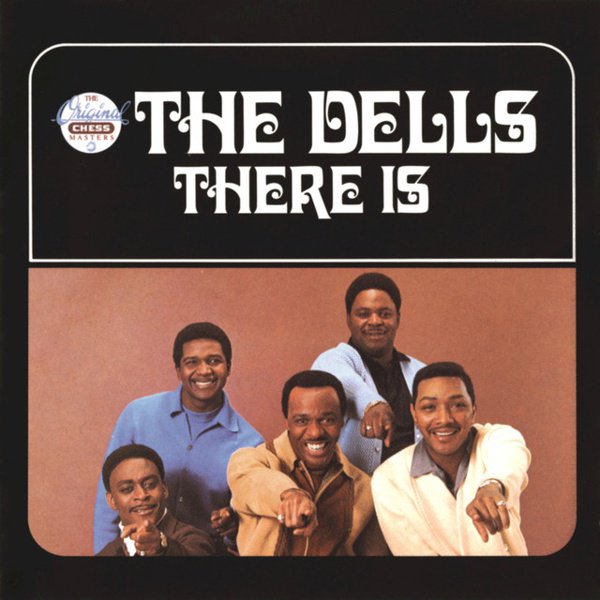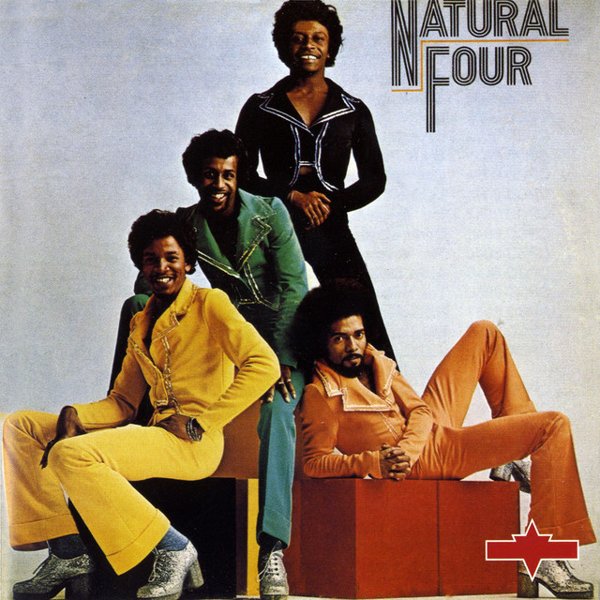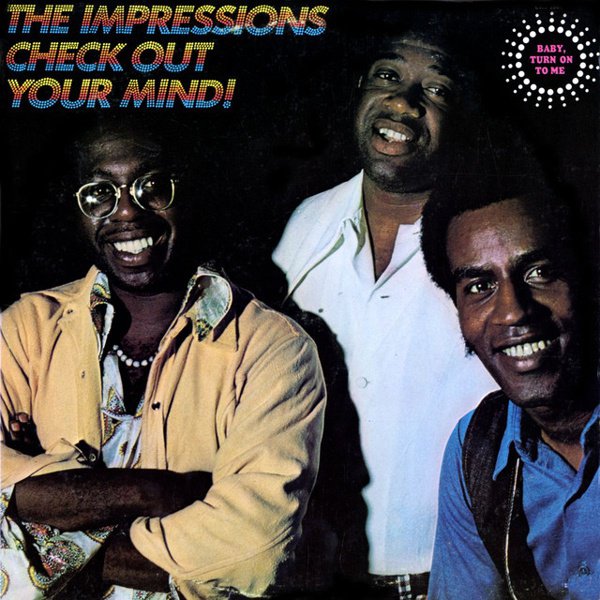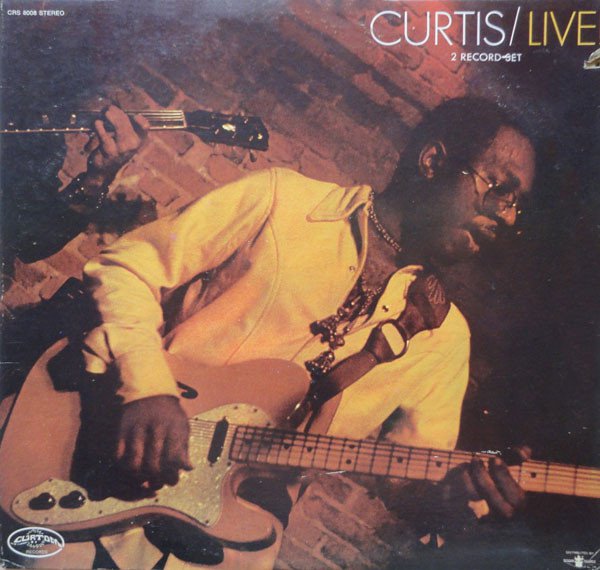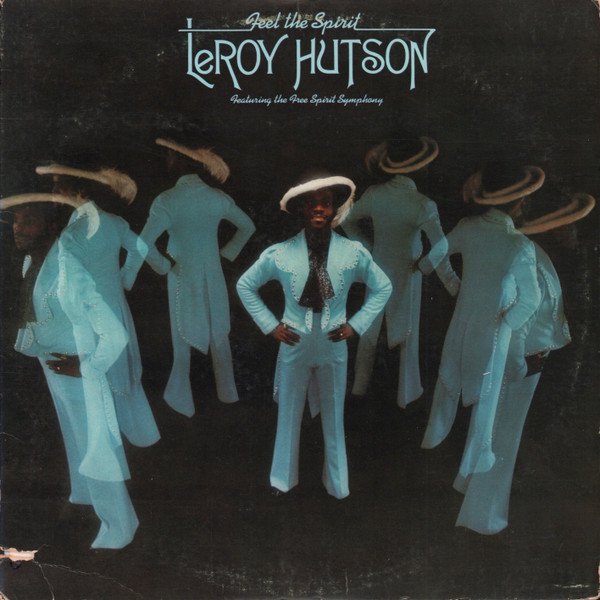Soul music is often defined by its cities: Detroit gave us Motown, Memphis gave us Stax, and New York had Atlantic. But Chicago never really had a single, city-defining soul music record label, which goes some way to explaining why Chicago soul is perhaps less well known than the soul music from America’s other big cities.
This is ironic given that Chicago was arguably soul music’s birthplace, via the blending of electric Chicago blues with gospel and jazz. But regardless, Chicago soul is a music lovers’ treasure trove of beautiful, sophisticated, mature, soaring soul. It’s a musical tradition most often defined in contrast to the raw, earthy, gutsy soul of Stax or the upscale, radio-friendly pop-soul of Motown. It’s a sweeter sound than Stax, generally heavily orchestrated — you’ll hear french horns and harps in Chicago soul — with a widescreen, cinematic scope to the complex string, woodwind and horn arrangements. Chicago soul also tends to be softer and more restrained than Motown’s frantic, upfront, instant-hook approach, and often draws on Latin musical influences like samba, flamenco and rumba in addition to the shared soul music roots of gospel, blues and R’n’B.
The soul music of Chicago was spread across labels like Vee-Jay, Chess, Okeh, Curtom, ABC-Paramount, Chi-Sound and Brunswick, but one thing much of the music had in common was the presence of three key figures who shaped the Chicago soul sound: singer, songwriter, guitarist and producer Curtis Mayfield, producer and record executive Carl Davis, and producer and arranger Johnny Pate.
A prodigious songwriter, Mayfield was lead-singer in pioneering soul group The Impressions and throughout the sixties he also wrote for local talent including Major Lance, Jerry Butler, The Fascinations, Gene Chandler and The Five Stairsteps. Mayfield launched his Curtom label in 1968 which was home to artists like Donny Hathaway, The Five Stairsteps, Leroy Huston and Linda Clifford, many of whom Mayfield also wrote and produced for. Curtom also released Mayfield’s solo efforts which have since become some of the most prized albums in the soul music canon.
Mayfield directly influenced the tone, flavour and direction of Chicago soul, through his particular melodic and harmonic sense — which was partly due to his unique upside-down guitar playing style — and his lyrical themes, which ranged from tender love songs to cutting social commentary. Throughout the sixties, Mayfield, like Sam Cooke before him, championed the idea that soul music was more than just entertainment, that it could play a vital role in social change and this perhaps was his biggest influence on the larger soul music world, paving the way for the socially aware black music that would flourish in the following decade.
Record executive and producer Carl Davis had an impressive career in the industry and is a vital part of Chicago soul history. He employed both Mayfield and Pate to write for several of his artists at Okeh Records in the early sixties, then moved to Brunswick Records where he produced artists like Jackie Wilson, Barbara Acklin and the Chi-Lites. Davis then set up Dakar Record which ran from 67 to 76, releasing Chicago soul and funk from artists including Tyrone Davis, Johnny Sayles, and Hamilton Bohannon, before launching Chi-Sound Records in 1976 and putting out music by Gene Chandler, The Chi-Lites, The Dells and The Impressions.
Jazz bassist Johnny Pate moved into arranging and production in the sixties, becoming one of the central figures in the emerging Chicago soul sound, working with numerous Chicago R’n’B and soul labels and artists. Pate bought a sophisticated and elegant musical sensibility to his arrangements; his horn parts, for example, are distinctly light and jazzy compared to the contemporaneous brass power-riffs of Stax. He often used carefully orchestrated strings and woodwind too, something Motown also did to sweeten their releases but there’s a classically-influenced, soundtrack-esque feel to much of his orchestration that you don’t really hear in Motown music of the same period.
The Chicago soul sound developed and expanded through the late sixties and into the seventies, with variations including Curtis Mayfield’s orchestral/psychedelic funk, the smooth, glowing warmth of Tyrone Davis’ hits, the soft, misty-focus ballads of the Chi-Lites and Leroy Hutson’s seminal album run of sophisticated soul, funk and pre-disco.
The rise of the major labels and the corresponding rise in the disco sound signalled an end to many independent record labels in the 1970s and Chicago’s soul imprints were no exception. Their legacy is an influential body of soul, R’n’B and funk music that is beautiful, playful, elegant, expansive, emotionally restrained yet wonderfully expressive.

